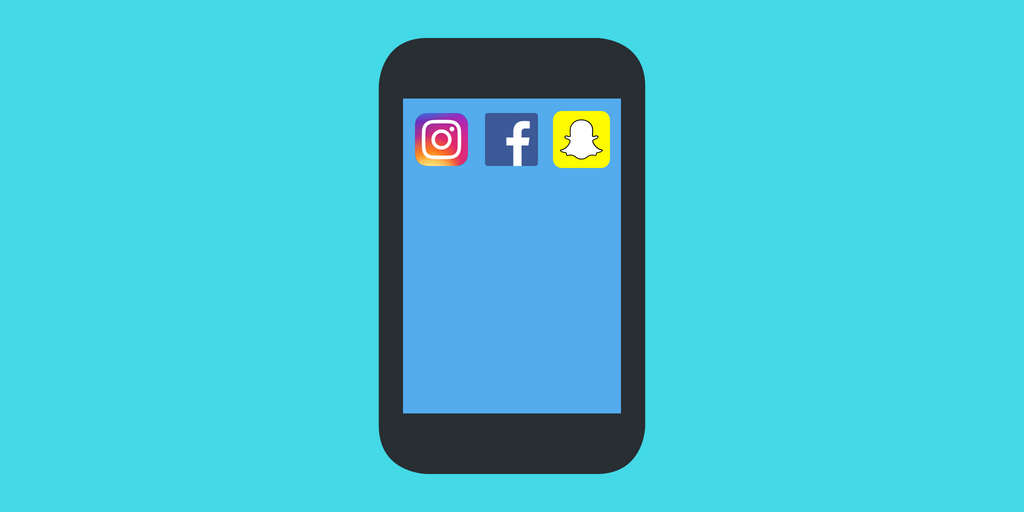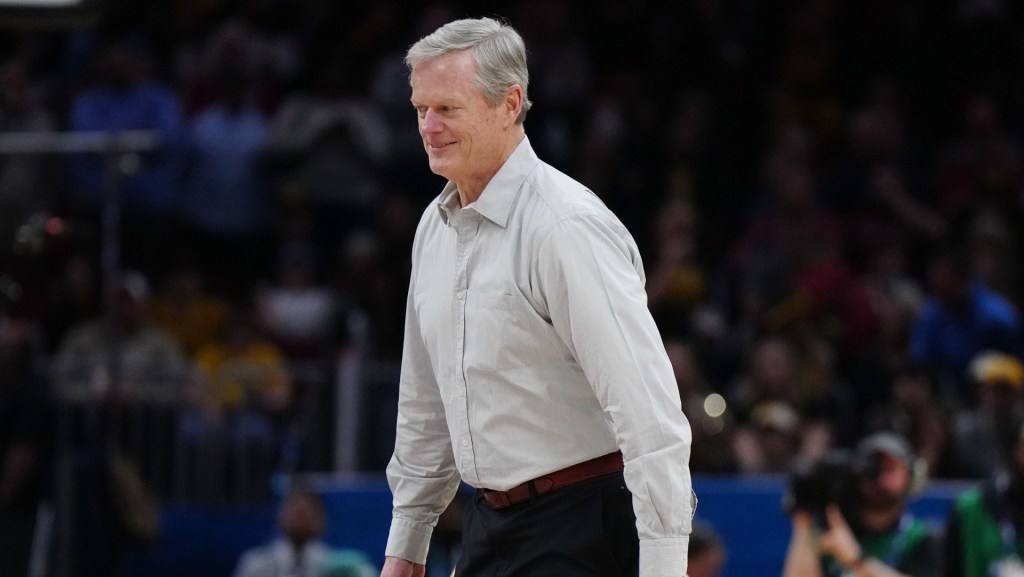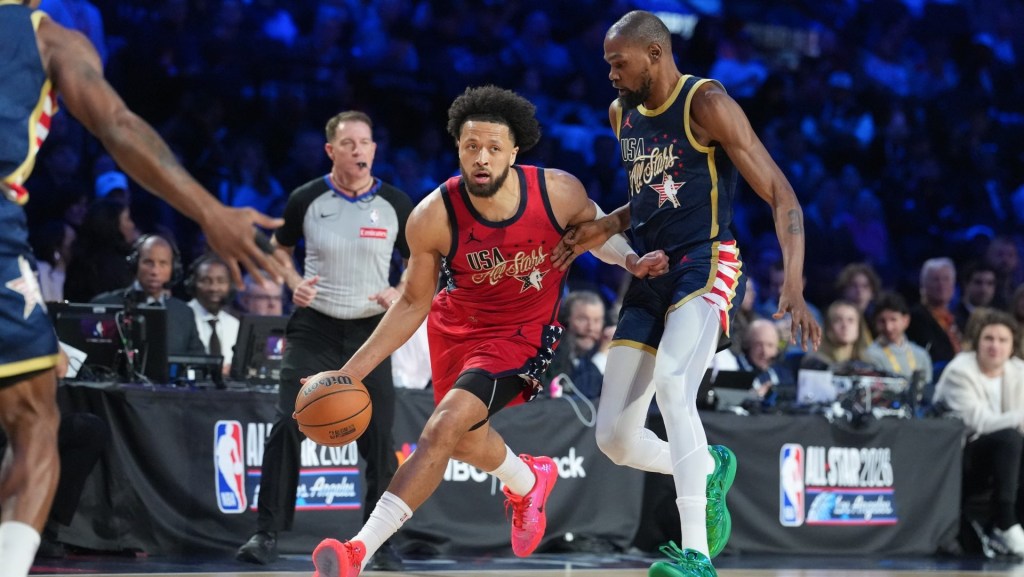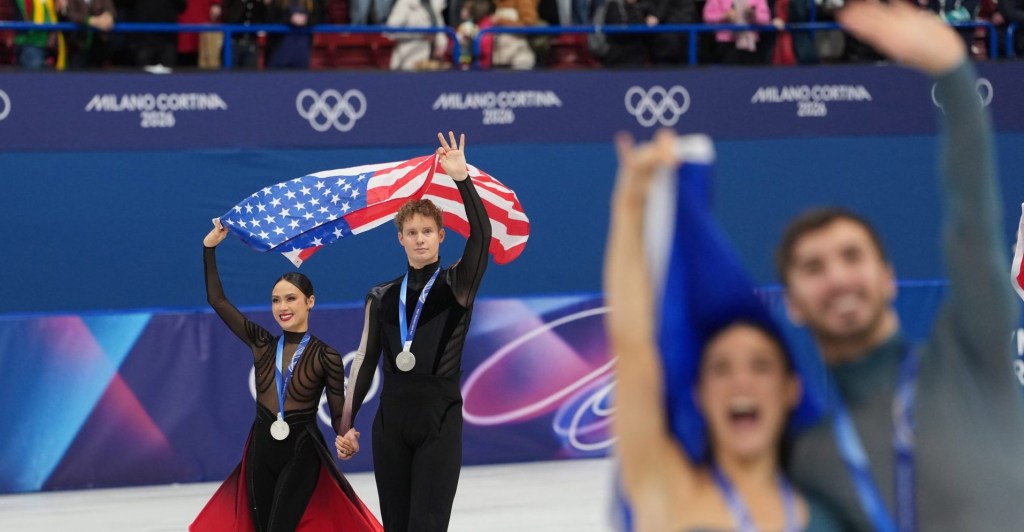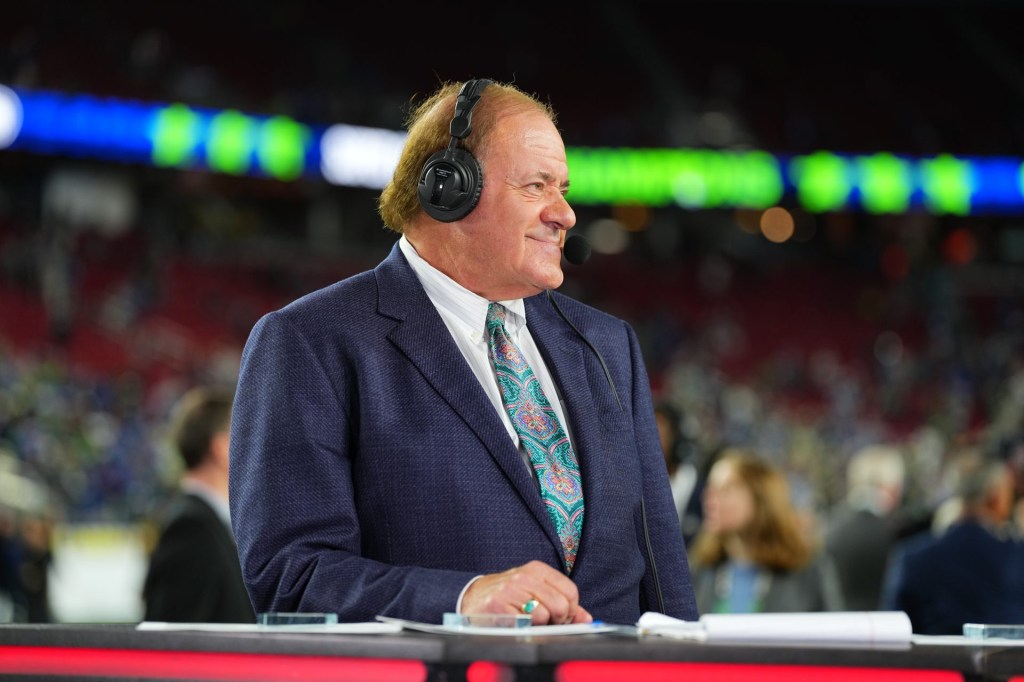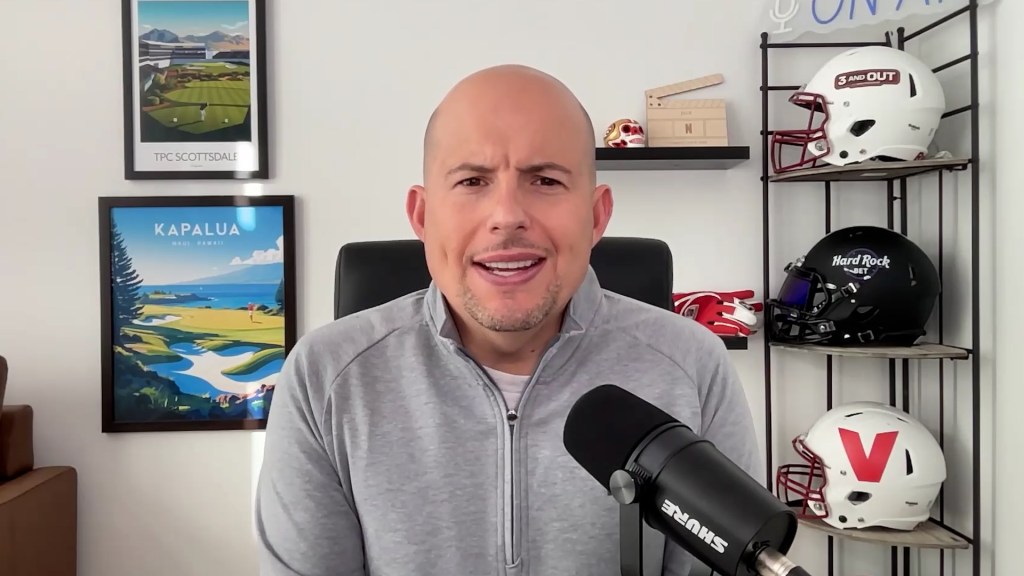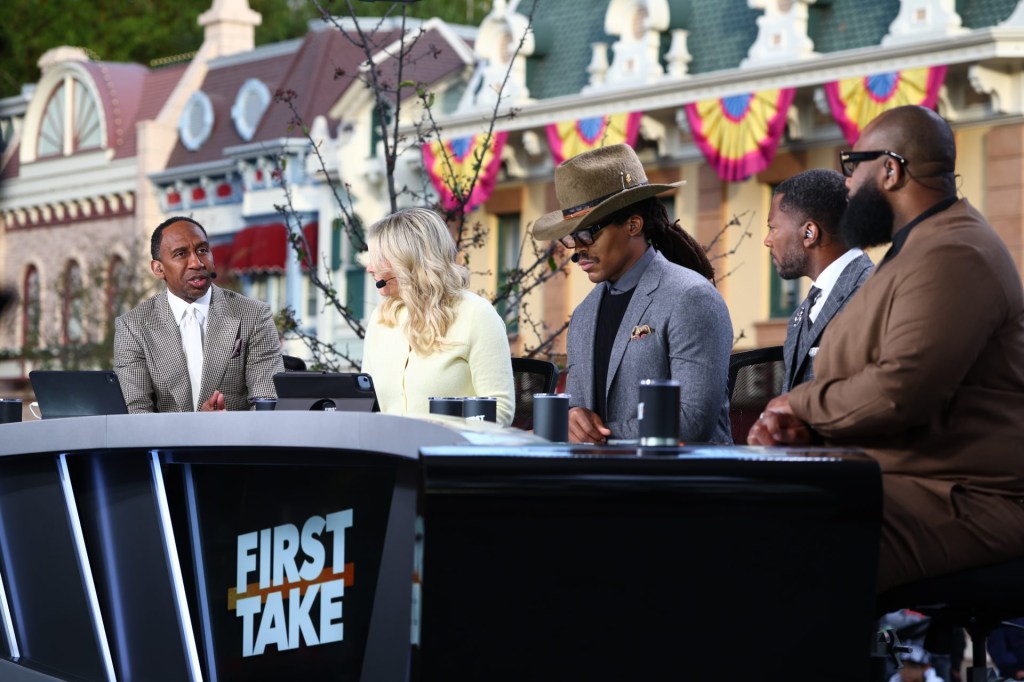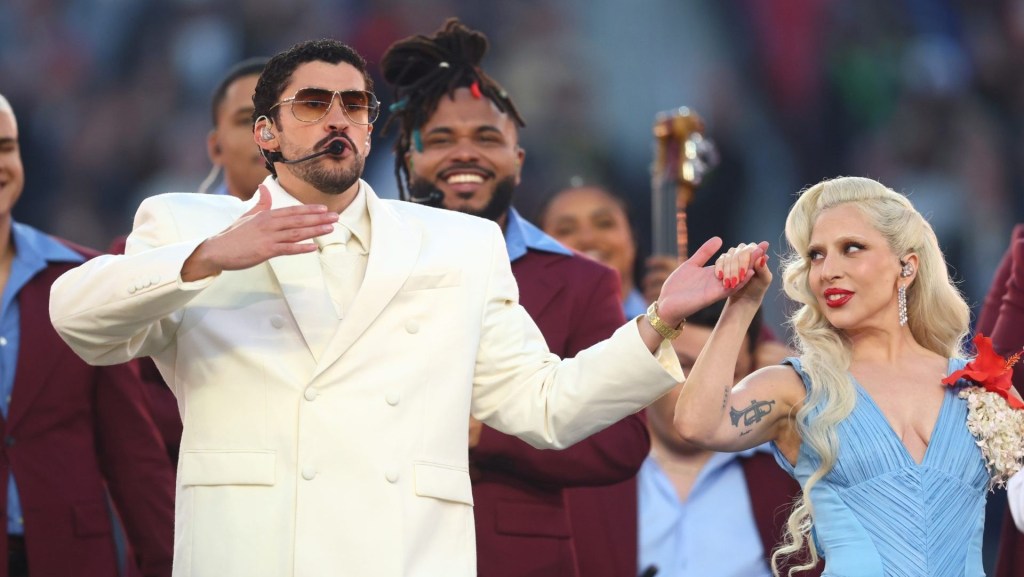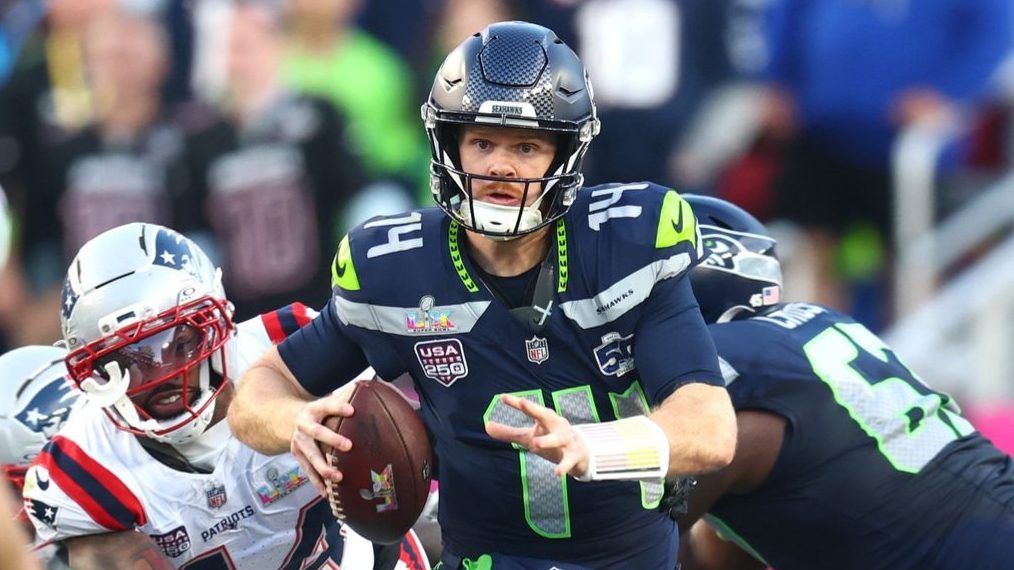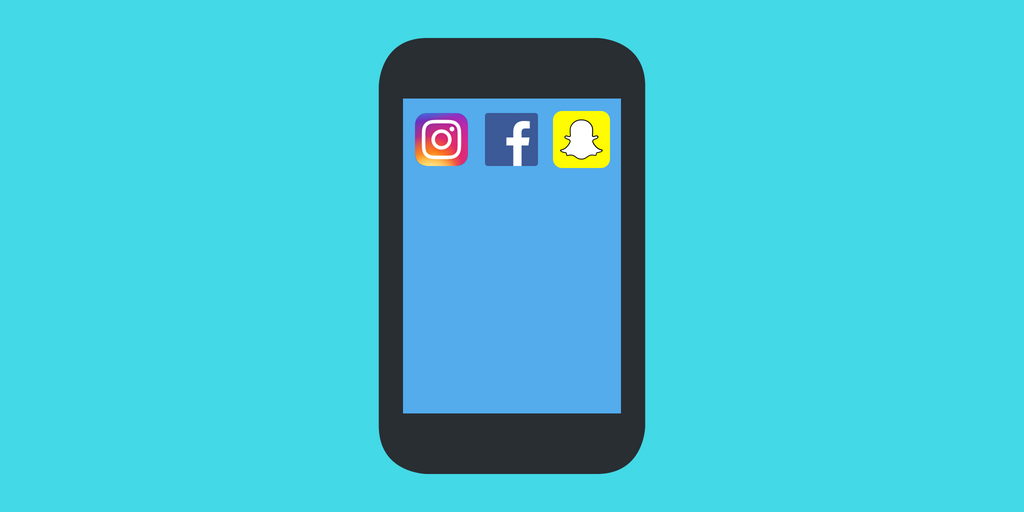
(INFLCR is Proud Partner of Front Office Sports)
(This is an op-ed piece from Jim Cavale, CEO of INFLCR)
It all started with a private message — an offer to help get his Instagram account verified — but it quickly turned into a nightmare for University of Kentucky football player Josh Allen.
Clicking on the link turned out to be a big mistake for Allen, one of the top defensive players in the Southeastern Conference and a bonafide first-round NFL draft prospect. Within minutes, a third party had logged Allen out and locked him out of his account by changing his password.
Just like that, he’d been hacked.
Whoever took control of his Instagram account, which has more than 6,000 followers, began soliciting users for cash using Allen’s name and account. Allen said the hacker contacted approximately 400 people through his Instagram account and had gotten at least 18 to commit to between $400 and $600 payments for alleged help in achieving verification.
“I thought it was a legit site,” Allen said. “And then I closed it to do other stuff, and when I went back to my Instagram account, it logged me back out and nothing I did would allow me back in. Everything was deleted. A friend of mine sent me a video he recorded (of my Instagram page), and (the hacker) had changed my bio and posted a video claiming to give away money and help people get verified.”
What happened to Allen could happen to anyone, and it’s hardly the only peril on platforms such as Instagram, Twitter, and Facebook. The news these days is littered with athletes’ missteps on social media. Whether it is a hacking incident such as the one Allen suffered, posting something inappropriate or inflammatory that reflects poorly on the athlete or their team, or even having old posts resurface to create new controversies — the brand damage can be significant in real time.
This might cause some athletes or teams to wonder whether the risk of social media is worth the reward. That’s entirely the wrong takeaway.
Not only should you refrain from being afraid of social media if you are an athlete, you should embrace your social channels and tell your story with authenticity. Just look at LeBron James — he’s arguably the most influential and powerful athlete in American sports, yet he takes the time to run his social media channels, personally preserving his voice and his unique platform. How he connects with fans is a big part of his power and will serve him well long after his playing career ends in whatever venture he chooses to focus on.
Athletes should be all-in with social media — and they shouldn’t wait until they are in college or the pros to begin doing so.
However, they should indeed take some precautions.
Athletes and schools can take a few proactive steps to avoid the nightmare scenario, such as:
- Never click through an unknown link received in a direct message (DM).
- If you receive something you believe is suspicious, do some investigating before acting upon it.
- Don’t use the same passwords for all your accounts.
- Change your passwords frequently.
- Getting your account verified with a blue check is a good thing, but it won’t protect you if you lose control of your account.
- Turn on two-factor authentication for improved security.
Here are some other tips from the social platforms:
Allen made some smart moves after he discovered he’d been hacked. First, he reached out to Kentucky’s athletics staff to let them know of the problem. He also reached out to me, as UK athletics is a client for my company, Influencer (INFLCR) — an app that UK athletes like Allen use to grab content created daily by the UK media staff — so that he can grow his personal social brand in the context of the UK brand.
Through the UK Athletics strong relationship with Instagram Sports, we were able to get Allen’s account recovered quickly. But what he discovered shocked him. Those unsuspecting people solicited by the hacker were still contacting Allen through Instagram a day later, where he explained he had been hacked and they were victims, too.
“I was really feeling down,” Allen said. “They were using my name to sell their merchandise, and the worse part this person was taking advantage of me and my brand for a bad thing. You need protection. You really do need to protect your brand, People will take advantage of your social media. A lot of people only know you for social media, so what they see — that’s you. Then somebody comes in and {posts) for you, it’s you. It’s scary. People don’t know my page got hacked — they think it’s me.
“Be aware there are people out there (with bad intentions). It’s eye-catching. Be safe. If you are not aware, not really sure, if you’re skeptical, don’t click on a link. If you are not 100 percent sure, don’t just click on random things. You never know what you are clicking on.”
The reality is that once you get on the collegiate student-athlete stage, you are a target. Social media is a place where people can find you. They can tag you in posts. Your mentions can become something that becomes horrific if you have a bad game. It can become something that certain people want to antagonize you about.
You can, of course, be direct-messaged, and direct messages can solicit you and your character in a lot of different ways, including fooling you into thinking that something that you might want can be achieved through a DM. And the reality is, you don’t need to respond to those direct messages. You don’t need to search through your mentions. You need to go play and have the best performance you can on the field. You need to have the best performance you can academically in the classroom, and on social media, you need to tell your story and build your brand by sharing great content of yourself as an athlete, working toward your dream, and the other things you do that make you who you are — what you do for fun, time with your teammates, your family — the things that make you who you are. That’s what you need to talk about on social media. You don’t need to respond to things that are outside of that, like these direct messages.
You also need to realize one big thing: you are now on a stage, everything you do is put under a spotlight, and with this platform comes a great responsibility. The responsibility now has you hopefully thinking about social media, not as something to do with your friends but instead something to do to grow your brand and tell your story. Social media is not for friends anymore. You are bigger than that on this stage. Social media is for you building your brand and telling your story, so that college sports is a launching point for the rest of your life — and not the peak of your life.
If you want to hang out with friends, I suggest do it through text or in person. Your social media needs to be a storytelling platform for you and your brand and not for things with friends. If you follow that, you’ll know what to respond to and what not to respond to or what to do or not do on DM. This isn’t for friends anymore — it’s for brand building. If you can follow that, the rest will work itself out.
(INFLCR is Proud Partner of Front Office Sports)
Jim Cavale, a 3-time INC. 5000 Entrepreneur, is one of the nation’s leading experts on personal branding and a former NCAA student-athlete himself. He is founder and CEO of Influencer (INFLCR), a social media CRM that allows teams and leagues to efficiently distribute their digital assets across the social channels of their most effective brand ambassadors (student-athletes, coaches, recruits prominent alumni and fans) while being able to track and measure the reach and performance of the content at scale via a convenient dashboard. With INFLCR, teams can store, share and track their digital assets (game photos, videos, etc.) as they flow through the social media channels of their brand ambassadors. Learn more at inflcr.com.
